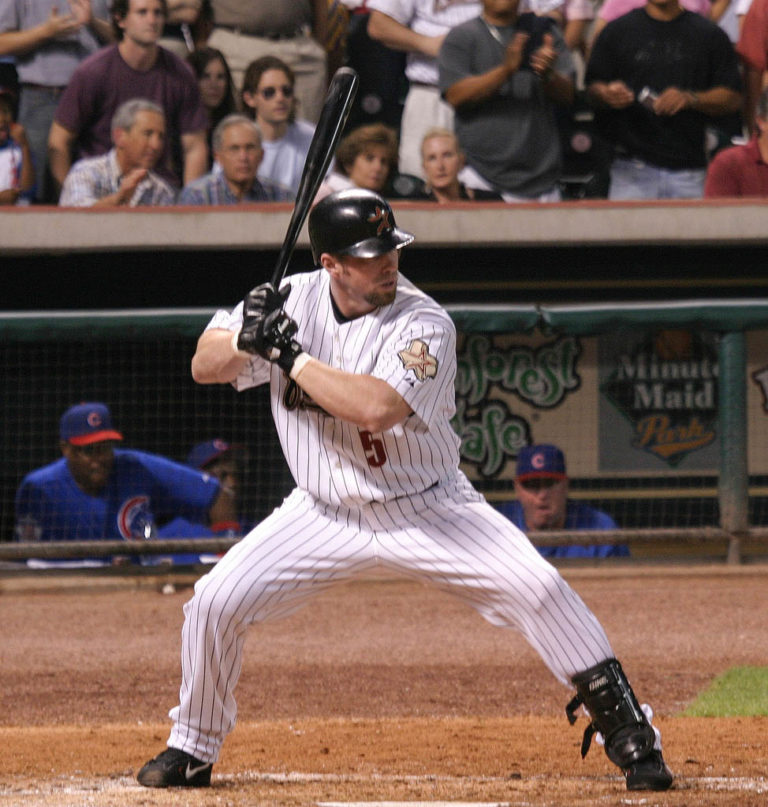by Ty Schadt, Sports Editor
The Major League Baseball Hall of Fame Committee recently inducted three new players to their ever-growing establishment. Jeff Bagwell, Ivan Rodriguez and Tim Raines all left legendary marks on the game and have impressive resumes. According to mlb. com reporter Barry Bloom, Bagwell stole more bases (202) than any other first baseman, Rodriguez caught more games (2,427) than any other catcher and Raines’ had a career on-base percentage of .385. However, a player with a greater impact on the game than all of these men hasn’t been inducted, and never will be. He has more hits than any person to ever lace up a pair of spikes but is serving a lifelong ban from the game that once glorified him. His name is Pete Rose, and despite his attempts at reinstatement, the MLB is making the right call by keeping him out of the Hall of Fame.
Over the course of his 24-year career, Rose tallied 4,256 hits, 1,314 runs batted in and a .303 batting average. His reckless playing style defined an era of baseball and helped the Cincinnati Reds win back-to-back World Series titles in 1975 and 1976. However, Rose’s on-field accomplishments are overshadowed by his spotted history as a manager.
He took over as the Reds skipper in 1984, and placed bets on the team. According to mlb.com, this action violated Rule 21, which states: “Any player, umpire or club or league official or employee, who shall bet any sum whatsoever upon any baseball game in connection with which the bettor has a duty to perform shall be declared permanently ineligible.”
In a biography he wrote about Rose, Michael Sokolove addressed why gambling on baseball can be so dangerous: “Betting on the game is baseball’s ultimate taboo, because it has the potential, as nothing else does, of wrecking the sport… it calls into question the integrity of the competition, our faith that the winner will be determined by the best efforts of each player on the field.”
Asbury freshman Bryce Forry argues that since Rose wouldn’t be put in the Hall of Fame as an acknowledgement for his time managing, his actions during those years should be ignored. “He should be considered for his play only, and he didn’t do anything wrong as a player,” said Forry. While this is a compelling point, Rule 21 clearly declares his unwavering lifetime ineligibility from anything baseball-related, despite the fact his playing years were gamble-free.
Since Rose never bet against the Reds, one may believe he wasn’t doing anything wrong. However, if he had a wager on a game it could have affected the decisions he made as manager. For example, Rose might have burned through bullpen pitchers in a non-strategic manner, with the intent of winning one game as opposed to a whole series of games. He might have utilized pinch-runners or pinch-hitters in unnecessary situations. In essence, these actions had potential to limit the Reds’ success in games following those he bet on, ruining the nature of the sport.
According to ESPN, since the enactment of Rule 21 in 1920, there has only been one violation: Rose’s. Thus, it has proven very effective in controlling the issue of gambling. For this reason, it would make no sense to alter its ramifications for Rose. If the league re-admitted him to the game of baseball, they would be undermining themselves. It hurts to say it, but if Rose wanted his name to be in the Hall of Fame, he simply shouldn’t have placed those bets.



